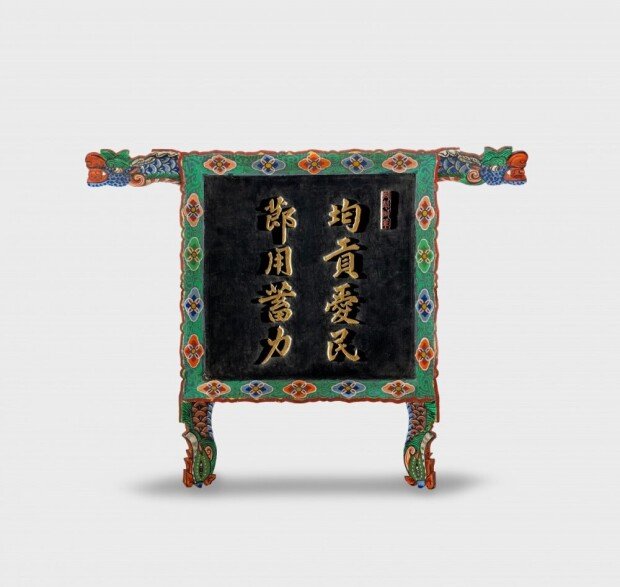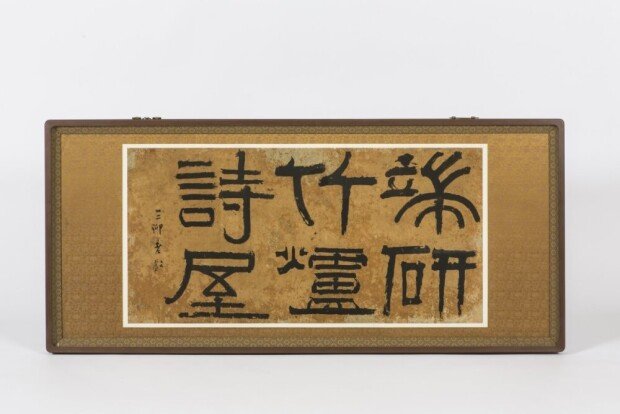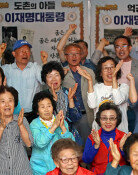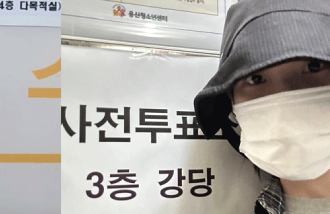114 royal and folk hanging boards from Joseon to be exhibited
114 royal and folk hanging boards from Joseon to be exhibited
Posted November. 07, 2023 08:02,
Updated November. 07, 2023 08:02


The Daegu National Museum will open a special exhibition titled “Hyeonpan, Hanging Boards of Joseon: Our Ancestors’ Minds Engraved on Wood,” which features 114 royal and folk hanging boards (hyeonpan in Korean) from the Joseon Dynasty, on Tuesday.
The royal board to be exhibited holds the kings’ minds toward people. King Yeongjo instructed a phrase, “Love people with fair tax and accumulate power by saving money,” to be engraved on a board bestowed to Hojo, the then ministry in charge of national finances. The message shows the king’s determination to build a powerful country based on his love for people.
King Jeongjo wrote on a board why he decided on his nom de plume, which means the master of the bright moon reflected on all streams, and hung the board in Jondeokjung of Changdeokgung Palace. It holds the king’s vision to practice ideal politics based on a strong royal power.
King Gojong hung a board that said Gyeongungung Palace in 1905 in Jeukjodang of Gyeongungung Palace (currently known as Deoksugung Palace), where he resided. Gyeongungung means a place full of joyous fortune, reflecting his wish for the country’s peace during the time of instability.
Relationships between teachers and students, and parents and children can be seen in folk hanging boards. The most well-known is a board handwritten by Lee Gwang-sa, a calligrapher in the late Joseon Dynasty period, for his son Lee Geung-ik’s study. The board says a room where goosefoot is burned, which originated from a story that a Chinese historian, Liu Xiang, studied history late at night by burning wood to become an expert historian. The board is a reflection of the father’s wish for his son to become an excellent historian. Lee Geung-ik later wrote a series of 42 books recording the history of the Joseon Dynasty.
There are also hanging boards hung from pavilions against the background of nature. The Chuidamjeong board, which is in Pungcheon-myeon, Andong, North Gyeongsang Province, welcomes visitors along with a media art installation showing the image of a calm pond. Chuidamjeong means a clear and blue pond. The meaning and origin of the Chinese characters written on the boards are explained to help children understand.
always99@donga.com







